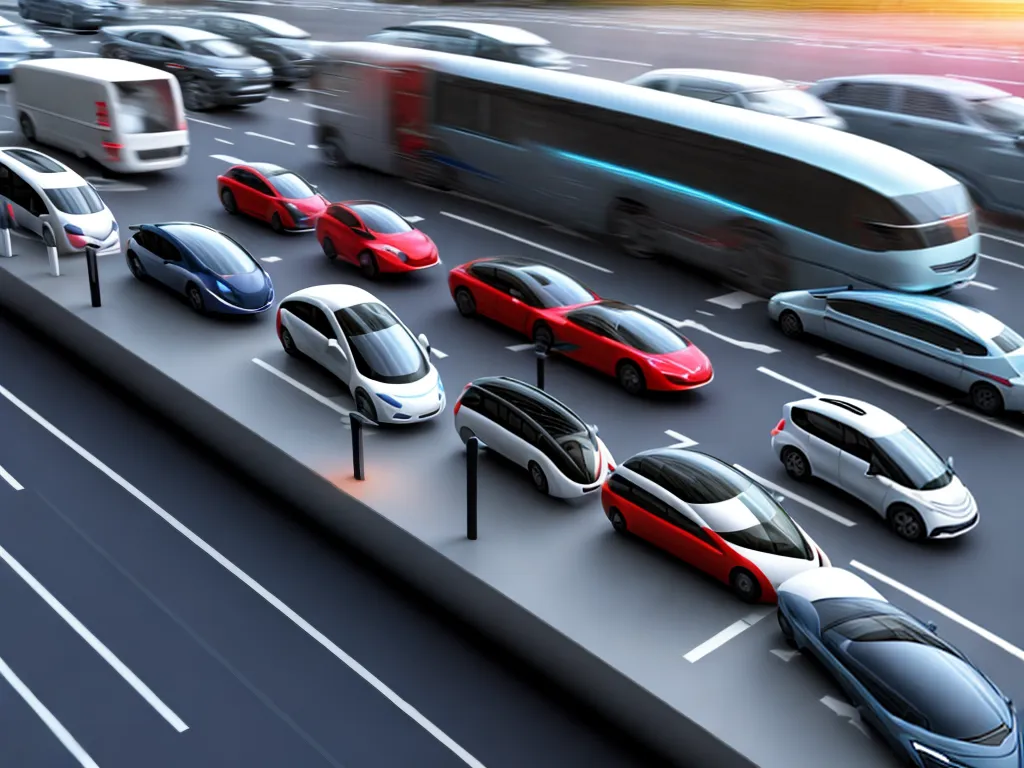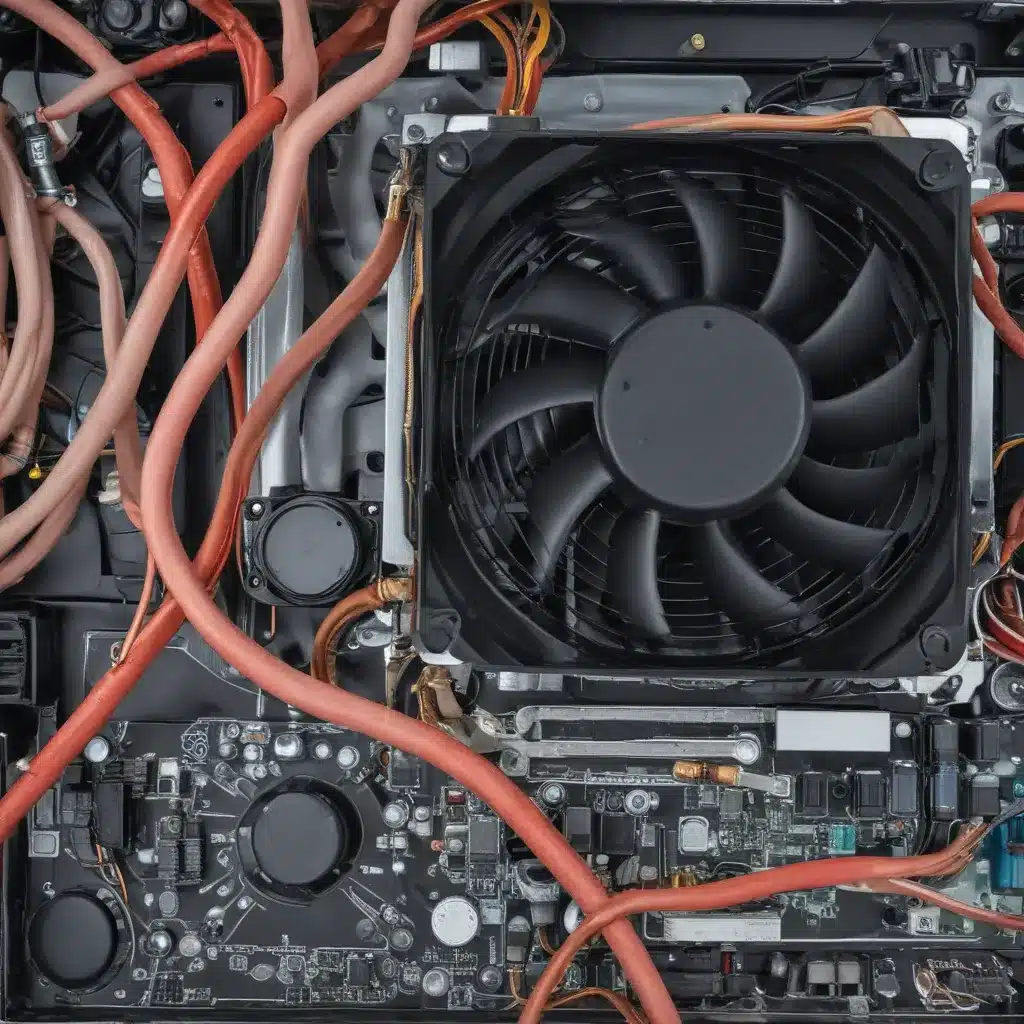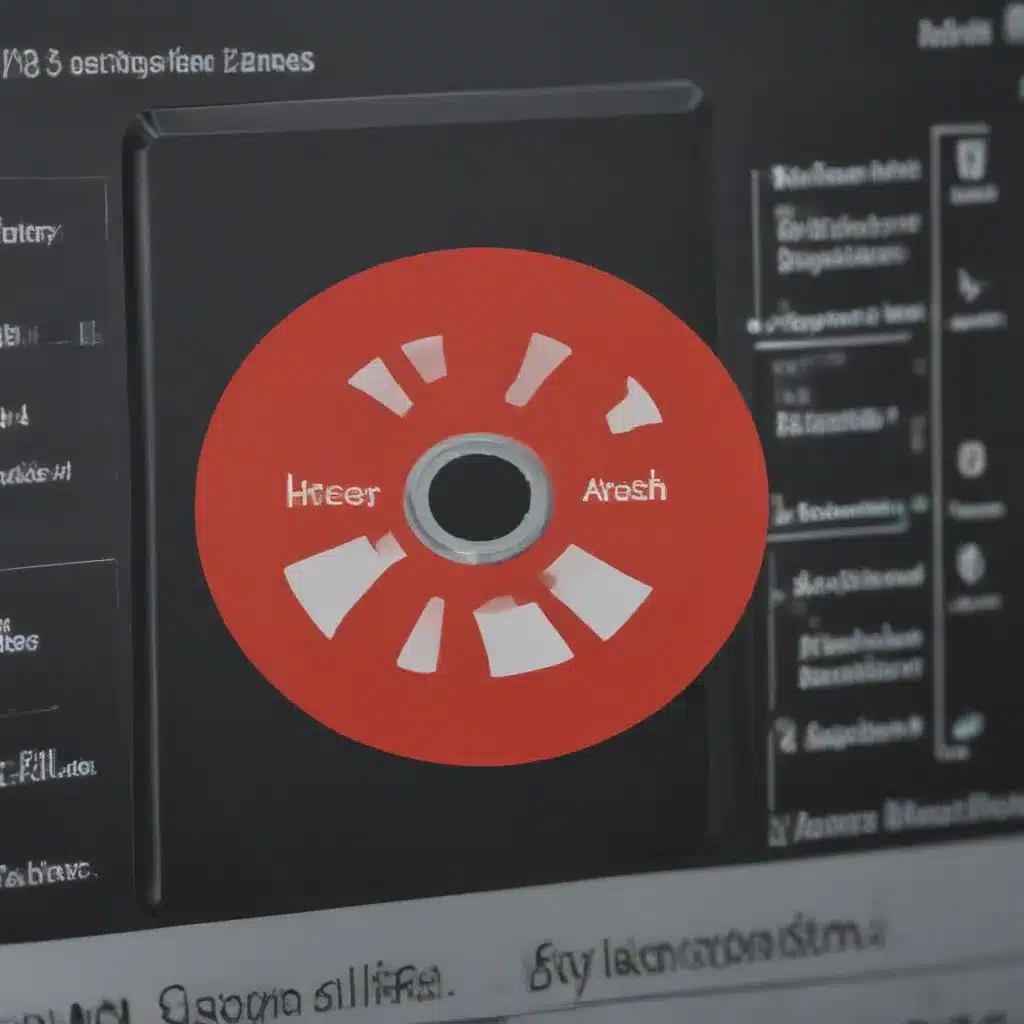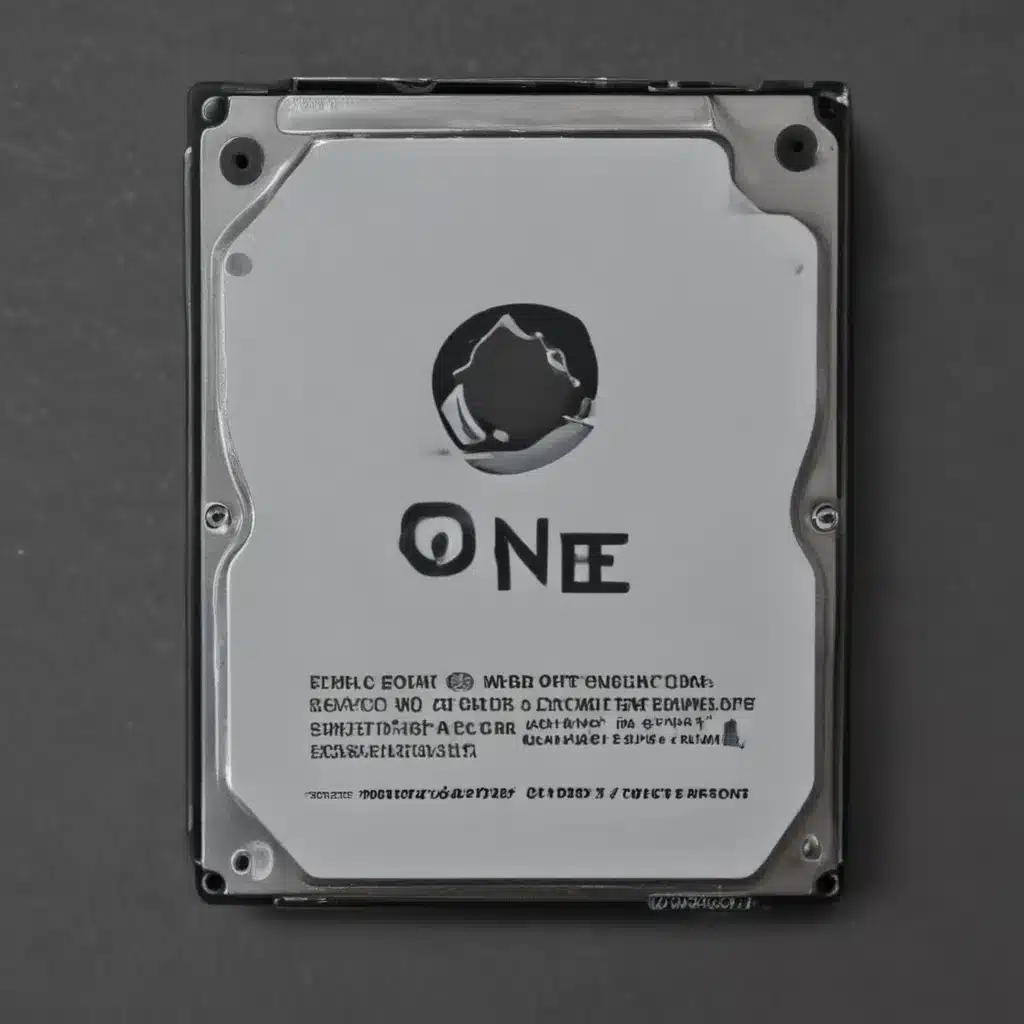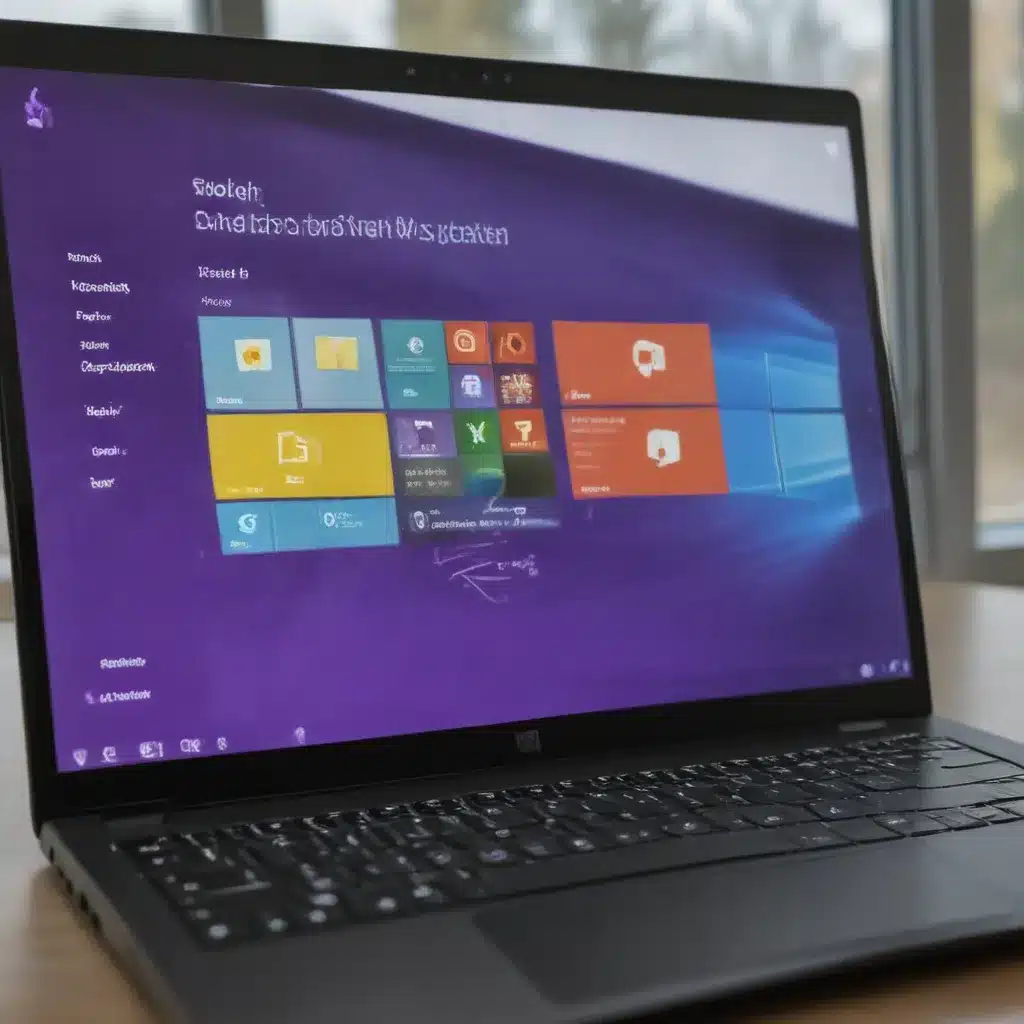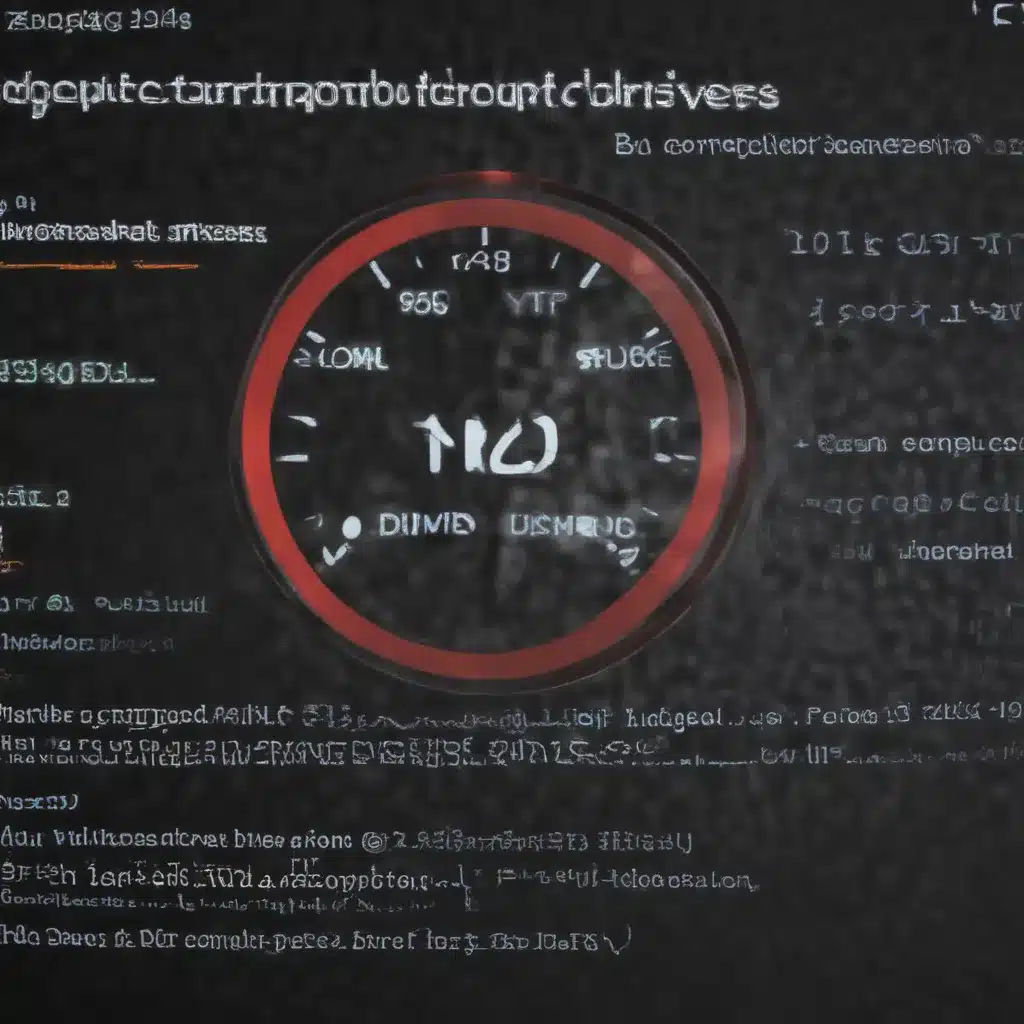Connected Cars: The Future of Intelligent Transport
Introduction
The automotive industry is undergoing a major transformation with the emergence of connected cars. These technologically advanced vehicles have constant connectivity to the internet and other devices, enabling greater convenience, efficiency, and safety through real-time communication. Connected cars represent the future of intelligent transport and will fundamentally change the driving experience.
In this article, I will provide an in-depth look at connected cars and how they are revolutionizing transportation. Key topics include:
What are Connected Cars?
Connected cars, also known as smart cars, are vehicles that use internet connectivity to share data with external sources like other cars, smartphones, traffic signals, and more. The core technologies enabling connectivity in cars are:
-
Embedded cellular connectivity – Most connected cars have an embedded cellular modem that enables LTE or 5G connectivity. This allows real-time transfer of data to and from the cloud.
-
Dedicated Short Range Communications (DSRC) – DSRC utilizes specialized radio frequencies to enable direct communication between vehicles (V2V) and infrastructure (V2I) over short distances.
-
Bluetooth – Bluetooth allows the car to connect with smartphones and other personal devices in close proximity.
-
Satellite navigation – Global navigation satellite systems like GPS allow for precise location tracking and navigation capabilities.
Together, these technologies equip connected cars with constant connectivity to facilitate a range of intelligent capabilities.
Key Features and Capabilities
Here are some of the most important features enabled by connectivity in modern cars:
Enhanced Safety
-
Collision avoidance – V2V and V2I communication warn drivers about potential collisions so preventive action can be taken.
-
Automatic emergency calls – The car can automatically call first responders in the event of a crash and provide GPS coordinates.
-
Warning notifications – Warnings about upcoming hazards like bad weather, accidents, or dangerous road conditions ahead.
Improved Convenience
-
Predictive maintenance – Real-time monitoring of vehicle health with proactive maintenance scheduling.
-
Remote operations – Features like remote start/stop, door lock/unlock, and climate controls.
-
Personalization – Driver profiles, preferences, and settings that automatically adjust based on who is driving.
Optimized Driving
-
Traffic alerts – Real-time traffic updates with suggested alternative routes to avoid congestion.
-
Parking assistance – Guidance to available parking spots nearby.
-
Map updates – Over-the-air updates for maps and points of interest.
In-Vehicle Entertainment
-
Streaming media – Music, radio, podcasts, audiobooks, and video streaming capabilities.
-
Gaming – Built-in games playable from the infotainment screen.
-
Internet access – WiFi hotspot functionality to connect personal devices to the internet.
Improved Navigation
-
Real-time routing – Dynamic route recalculation based on changing road conditions.
-
Precision positioning – Accurate lane-level guidance for navigating complex intersections and interchanges.
Key Benefits of Connected Cars
Here are some of the major benefits connected car technology aims to provide:
-
Enhanced safety – V2V and V2I communication enables collision avoidance while emergency call capabilities get faster assistance.
-
Optimized driving – Real-time traffic data allows dynamic routing for avoiding congestion.
-
Convenience – Keyless access, remote operations, and predictive maintenance simplify the ownership experience.
-
Rich user experience – Streaming media, internet access, games, and apps provide an immersive in-vehicle experience.
-
Efficient infrastructure – Connected cars support intelligent traffic management and infrastructure maintenance.
-
Environmental benefits – Optimized driving and traffic flow results in reduced emissions.
Challenges and Concerns
Despite the many benefits, there are notable concerns regarding connected cars:
-
** Cybersecurity risks** – Connectivity exposes vehicles to potential hacking and cyberattacks.
-
Privacy issues – The collection of personal driving data raises privacy concerns.
-
Infrastructure needs – Seamless connectivity requires significant investment in networks, sensors, and traffic systems.
-
Transition period – Mixed vehicle environments with differing capabilities could create confusion and risk.
-
Liability questions – New legal issues arise regarding fault and responsibility in collisions.
-
User distrust – Public skepticism about data usage, reliance on unproven technology, and loss of control.
The Road Ahead
Connected cars represent an exciting technological shift for the automotive industry. But realizing the full promise of intelligent and autonomous transport will require thoughtful solutions for cybersecurity, privacy, infrastructure needs, and legal issues. As connectivity becomes more pervasive in new vehicle production, we can expect a gradual transition to smarter, safer and more optimized driving experiences.

